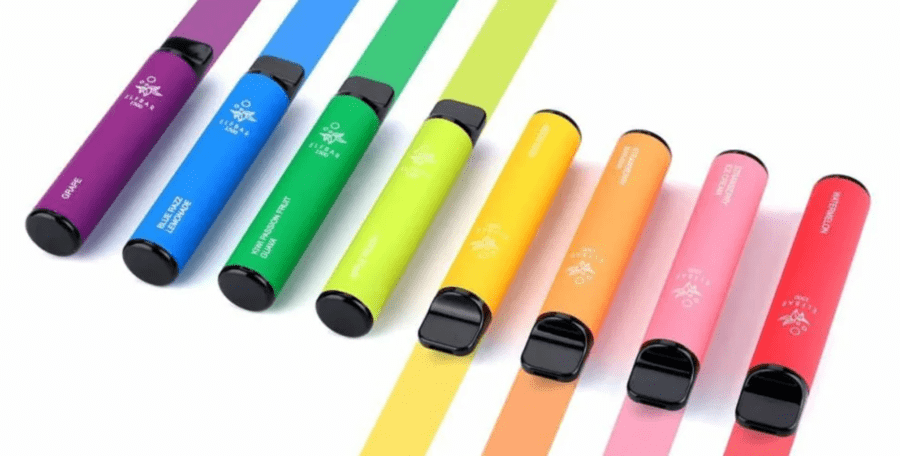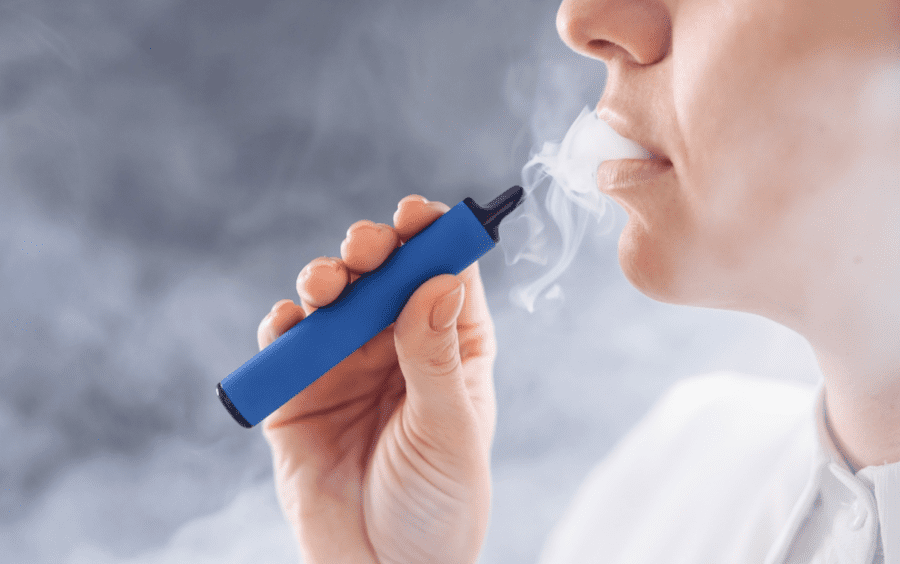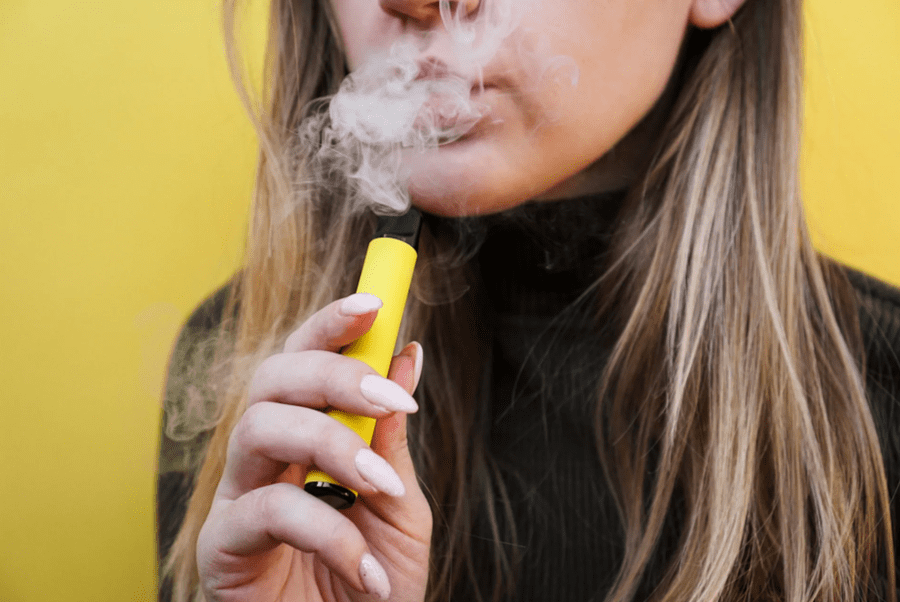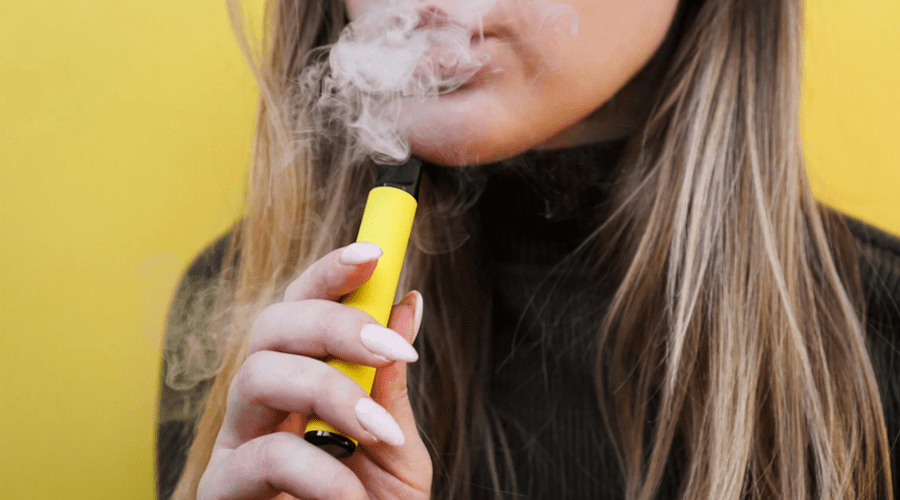Over the past ten years, the vaping business has grown exponentially, mostly due to the availability of various flavored e-liquids from places like SmokeHub vape store. However, regulatory agencies are now considering or enacting limits on flavored vaping goods due to growing concerns over underage vaping. We will use global examples and insights to examine how these flavor prohibitions have affected the vaping community. We will pay special attention to consumer behavior, economic effects, and social dynamics.
Page Content
Background on Vape Flavors
E-liquids with flavors have been a major factor in the rise in the popularity of vaping, particularly among younger audiences. Traditional tobacco and menthol tastes are available at the SmokeHub vape store, as well as more unusual choices like mango and bubblegum and combinations inspired by desserts. A National Youth Tobacco Survey research found that 85% of young people who used e-cigarettes reported using flavored models, indicating how popular these products are among younger consumers.
In addition to drawing in new customers, the variety of flavors has assisted many ex-smokers in making the switch from regular cigarettes. According to a poll published in the International Journal of Environmental Research and Public Health, 77% of adult vaporizer users preferred tastes other than tobacco, with fruit and dessert flavors being the most often used, available at SmokeHub vape store.
Reasons Behind Flavor Bans
Flavor prohibitions are primarily driven by public health concerns, such as preventing underage vaping. Regulatory bodies contend that tastes increase the allure of vaping goods to youngsters, which may result in early nicotine addiction. The U.S. Food and Drug Administration (FDA), for example, has cited research demonstrating that flavored e-liquids have a major role in the expanding numbers of young people who vape.
Concerns exist regarding flavoring chemical inhalation’s long-term health implications and youth prevention. A study published in the journal Tobacco Control revealed several dangerous substances in flavored e-liquids that may endanger consumers’ health. These results have prompted legislators to take preventative measures, which have led to taste bans in several areas, impacting businesses like SmokeHub vape store.

Impact on Consumer Behavior
Former Smokers vs. New Users
Bans on flavors have the power to change the way that certain user groups vape drastically. These limitations may be harmful to ex-smokers who have successfully transitioned to vaping because there are delicious flavors available at SmokeHub vape store. If tastes were outlawed, 54% of vapers who used flavored e-liquids could think about starting to smoke again, citing research published in the Harm Reduction Journal.
On the other hand, taste limitations may lessen the initial attractiveness of vaping goods for new consumers, especially young people. According to the CDC, young people frequently choose flavored e-cigarettes as their first option; therefore, eliminating these choices may discourage beginning.
Shift to Traditional Cigarettes
A possible side effect of flavor prohibitions is the conversion of flavored vaping goods to regular cigarettes. According to Yale School of Public Health research, states that banned flavored e-cigarettes saw a 6.1% rise in the number of 18- —to 24-year-olds consuming cigarettes. This change compromises the public health objective of lowering total nicotine usage and damage.
Economic Implications
Impact on Vape Shops and Manufacturers
Bans on flavors have a big financial impact on producers and vape shops like SmokeHub vape store. Selling flavored goods plays a major role in the vaping sector, estimated to be worth over $19.3 billion worldwide. According to National Academies of Sciences, Engineering, and Medicine estimates, flavored e-liquids account for over 60% of the e-liquid market in the United States.
Due to these prohibitions, local economies that rely on the vaping sector may experience downturns. For example, according to research by the Vapor Technology Association, a countrywide taste prohibition in the United States may lead to the loss of around 150,000 employment and approximately $8.4 billion in earnings, impacting retailers like SmokeHub vape store.
Job Losses and Economic Downturns
Flavor restrictions can result in a large loss of jobs in areas where the vaping sector plays a major role in the local economy. Manufacturers, staff members, and owners of vape shops like SmokeHub vape store are all directly impacted. The financial damage can be exacerbated by suppliers and connected firms being affected by the economic ripple effect.
Cultural and Social Repercussions
Altering Social Aspects of Vaping
Bans on certain flavors also have social and cultural effects. Vaping has become a vibrant subculture with a strong feeling of camaraderie, frequently focused on flavor sharing and enjoyment. Talks about preferred tastes and homemade e-liquid recipes are common on social networking sites and internet forums.
Flavor prohibitions may cause these kinds of community interactions to decline. According to a poll published in the journal Nicotine & Tobacco Research, vapers who are active in online forums they have believed that flavor limitations would have a detrimental effect on their feeling of self and community within the vaping community.
Role of Online Communities
Social media and online forums determine how vapers react to taste prohibitions. These sites are hubs for resistance coordination, DIY e-liquid mixing knowledge exchange, and vaping rights advocacy. As an illustration, the hashtag #VapeBan has been widely utilized on Twitter and Instagram to express opposition to flavor prohibitions and rally support from vapers.
Legal and Regulatory Perspectives
Varying Legal Responses
Different jurisdictions have different legal reactions to taste prohibitions. Some U.S. states have imposed partial bans or limits, while some, like New York and Massachusetts, have enacted total taste bans. While the European Union has tougher laws on marketing and sales but permits some flavored alternatives, other nations, such as India, have outright banned e-cigarettes, including flavored goods.
Enforcement Challenges
Significant obstacles stand in the way of enforcing taste prohibitions. Concern about the illicit market for flavored e-liquid is rising as users try to circumvent laws. The unregulated and possibly hazardous nature of flavored vaping products presents additional dangers to public health, which the FDA has acknowledged is difficult to monitor and control in the underground market.

Industry Adaptation
Development of New Products
The vaping business is evolving in reaction to taste limitations to comply with laws while retaining customer interest. Businesses like SmokeHub vape store are creating menthol and tobacco-flavored goods that comply with regulations. Moreover, making DIY e-liquid kits that let customers combine their tastes at home is becoming increasingly popular.
Shifts in Marketing Strategies
Additionally, marketing tactics are changing. Vaping firms target adult smokers who want to give up conventional cigarettes and emphasize the harm reduction advantages of their products. The focus is now on the health benefits of switching to vaping rather than taste variety.
Conclusion
Flavor prohibitions have a complicated and wide-ranging effect on vape culture, influencing social relationships, economic dynamics, and consumer behavior. Although the main objective of these prohibitions is to safeguard public health, especially that of children, they may have unforeseen implications as well, such as a possible rise in traditional cigarette smoking and a decline in local economies that depend on the vaping sector.
With the help of retailers like SmokeHub vape store, the vaping community is adjusting through activism and creativity. Research and discussion must continue as regulations change to maintain a balance.


